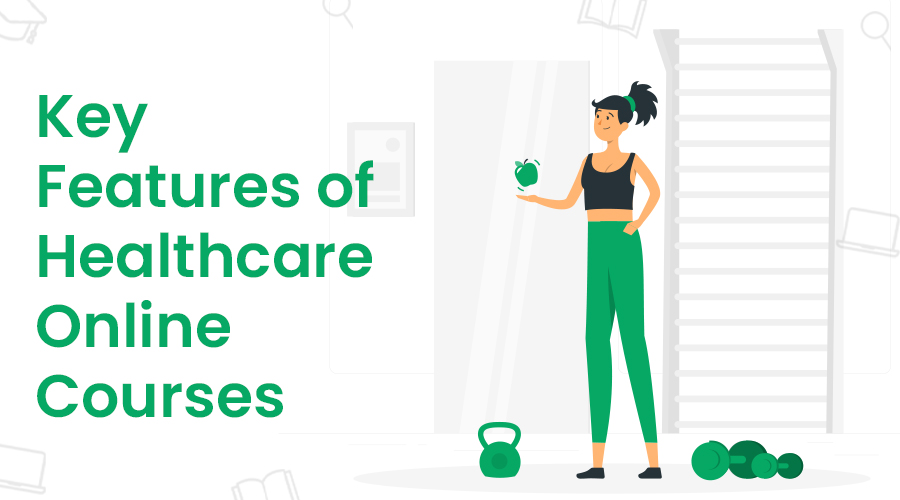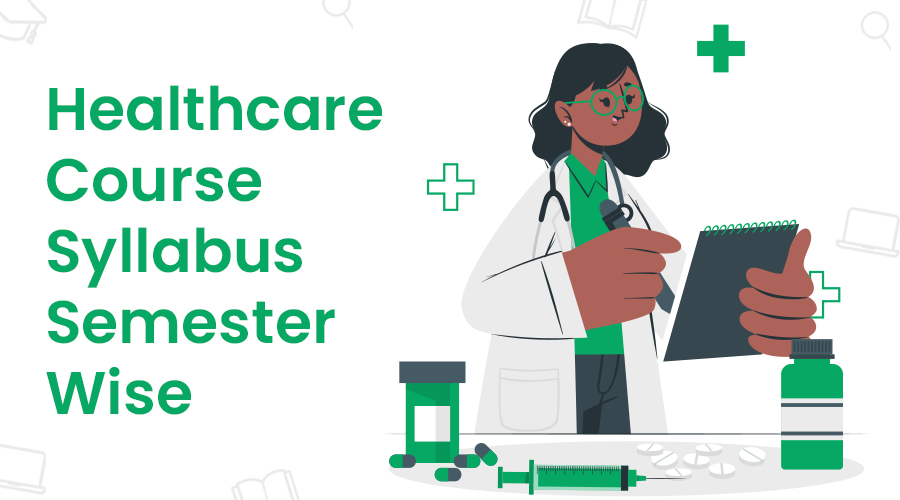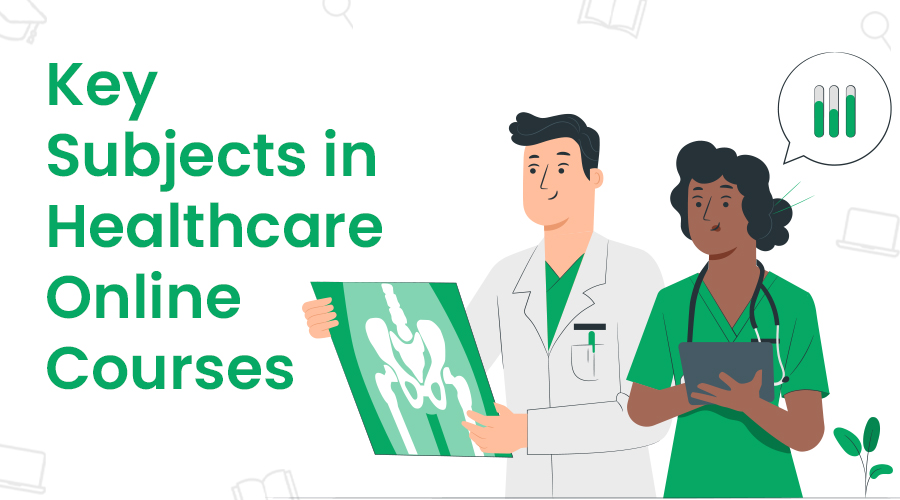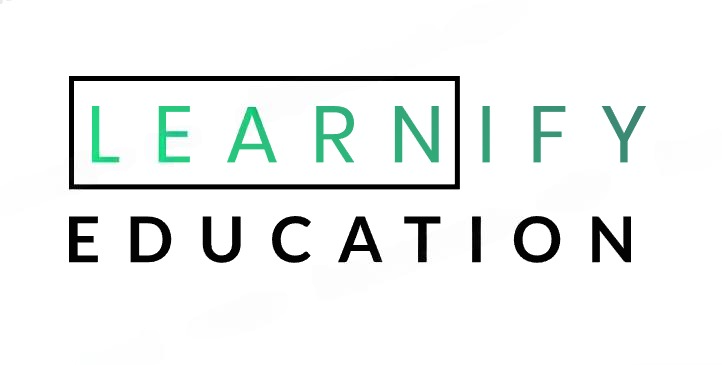Flexibility
One of the primary advantages of online healthcare courses is their flexibility. Students can access course materials, attend lectures, and complete assignments from anywhere with an internet connection.













Healthcare online courses are specialized educational programs delivered through digital platforms that focus on various aspects of the healthcare field. These courses are designed to provide comprehensive training and knowledge to individuals who wish to advance their careers in healthcare, gain new skills, or enter the healthcare industry.

Flexibility
One of the primary advantages of online healthcare courses is their flexibility. Students can access course materials, attend lectures, and complete assignments from anywhere with an internet connection.
Wide Range of Topics
Healthcare online courses cover a broad spectrum of subjects including medical terminology, patient care, healthcare management, medical ethics, anatomy, and physiology. This variety allows students to choose courses that align with their career goals and interests.
Interactive Learning
Many online healthcare courses incorporate interactive elements such as virtual labs, simulations, and discussion forums. These tools help students apply their knowledge in practical scenarios and engage with peers and instructors.
Accreditation and Certification
Reputable institutions offering healthcare online courses often provide accredited programs. Completing these courses can lead to certification or degrees, which can enhance a student's credentials and employability in the healthcare field.
Career Advancement
By acquiring specialized knowledge and skills through online courses, students can pursue various career paths in healthcare, such as medical assistants, healthcare administrators, patient care coordinators, and more.

Accessibility
Online courses make healthcare education accessible to a wider audience, including those who might not be able to attend traditional in-person classes due to geographical or time constraints.
Cost-Effective
Online courses often come with lower tuition fees compared to traditional programs. Additionally, students save on commuting and other associated costs.
Self-Paced Learning
Many online healthcare courses offer self-paced learning options, allowing students to progress through the material at their own speed, which can be especially helpful for balancing studies with other commitments.
Up-to-Date Content
Online courses are frequently updated to reflect the latest advancements in healthcare, ensuring that students receive current and relevant information.

Certificate Programs
Short-term programs focused on specific areas of healthcare. Ideal for those looking to gain specialized skills quickly.
Diploma Programs
More comprehensive than certificate programs, offering a deeper understanding of healthcare topics. Suitable for those seeking to build a solid foundation in healthcare.
Degree Programs
Undergraduate and postgraduate degrees that provide an extensive education in healthcare fields. These programs are designed for those aiming for advanced career positions or further academic pursuits.
Healthcare online courses offer a flexible, accessible, and cost-effective way to gain essential skills and knowledge in the healthcare sector. Whether you’re looking to start a new career or advance in your current role, these courses can provide the education needed to achieve your professional goals.

The syllabus for healthcare online courses is typically structured across multiple semesters to provide a comprehensive education in various aspects of healthcare. Below is a general overview of what you can expect in a semester-wise syllabus for healthcare online courses:
| Semester | Topics Covered |
|---|---|
| Semester 1 | Basics of Healthcare Systems, Medical Terminology, Anatomy and Physiology |
| Semester 2 | Patient Assessment, Infection Control, Medical Ethics |
| Semester 3 | Healthcare Administration, Healthcare Policies, Financial Management in Healthcare |
| Semester 4 | Specialized Healthcare Areas, Research Methods in Healthcare, Capstone Project or Internship |


Eligibility criteria for healthcare online courses vary based on the type of program:
The duration of healthcare online courses depends on the program level:
Choosing the right program depends on your current qualifications, career goals, and the time you can commit to your studies.
The fees for healthcare online courses vary depending on the program type, institution, and course duration. Here’s a general overview:
Certificate Programs
Typically range from ₹15,000 to ₹60,000. These programs are shorter and focused on specific skills or knowledge areas, making them relatively affordable.
Diploma Programs
Generally cost between ₹60,000 and ₹1,50,000. These programs offer a more comprehensive education and are priced accordingly.
Degree Programs
Usually range from ₹2,00,000 to ₹5,00,000. Degree programs are more extensive and provide in-depth training, leading to higher fees.
Many institutions offer financial aid, scholarships, or installment plans to help manage the cost of these programs. The exact fees can vary based on the institution and the specific course details.
| Institution | Overview | Key Programs | Website |
|---|---|---|---|
| D.Y. Patil University | Renowned for comprehensive healthcare education with flexible online courses. | Online Certificate and Diploma in Healthcare Management, Online Bachelor’s and Master’s programs | D.Y. Patil University |
| University of Mysore | Offers recognized online healthcare courses with a focus on essential skills and practical knowledge. | Online Certificate in Healthcare and Hospital Management, Online Postgraduate Diploma in Healthcare Management | University of Mysore |
| IGNOU | Leading open university providing accessible and comprehensive online healthcare programs. | Online Certificate in Healthcare and Hospital Administration, Online Diploma and Degree programs | IGNOU |
| Amity University | Provides flexible online healthcare programs integrating theory with practical skills. | Online Master’s in Healthcare Management, Online Certificate and Diploma courses in various healthcare disciplines | Amity University |













